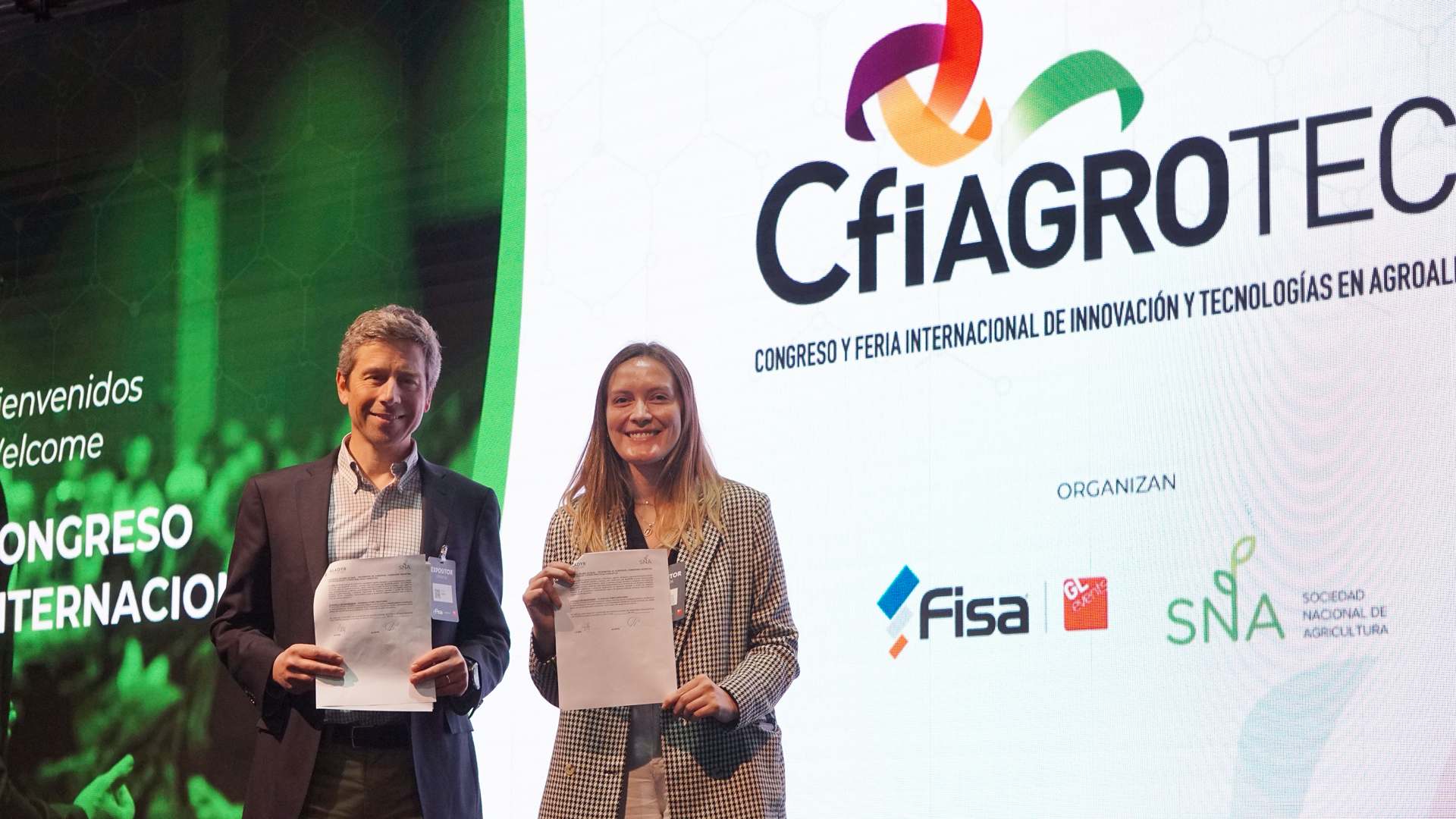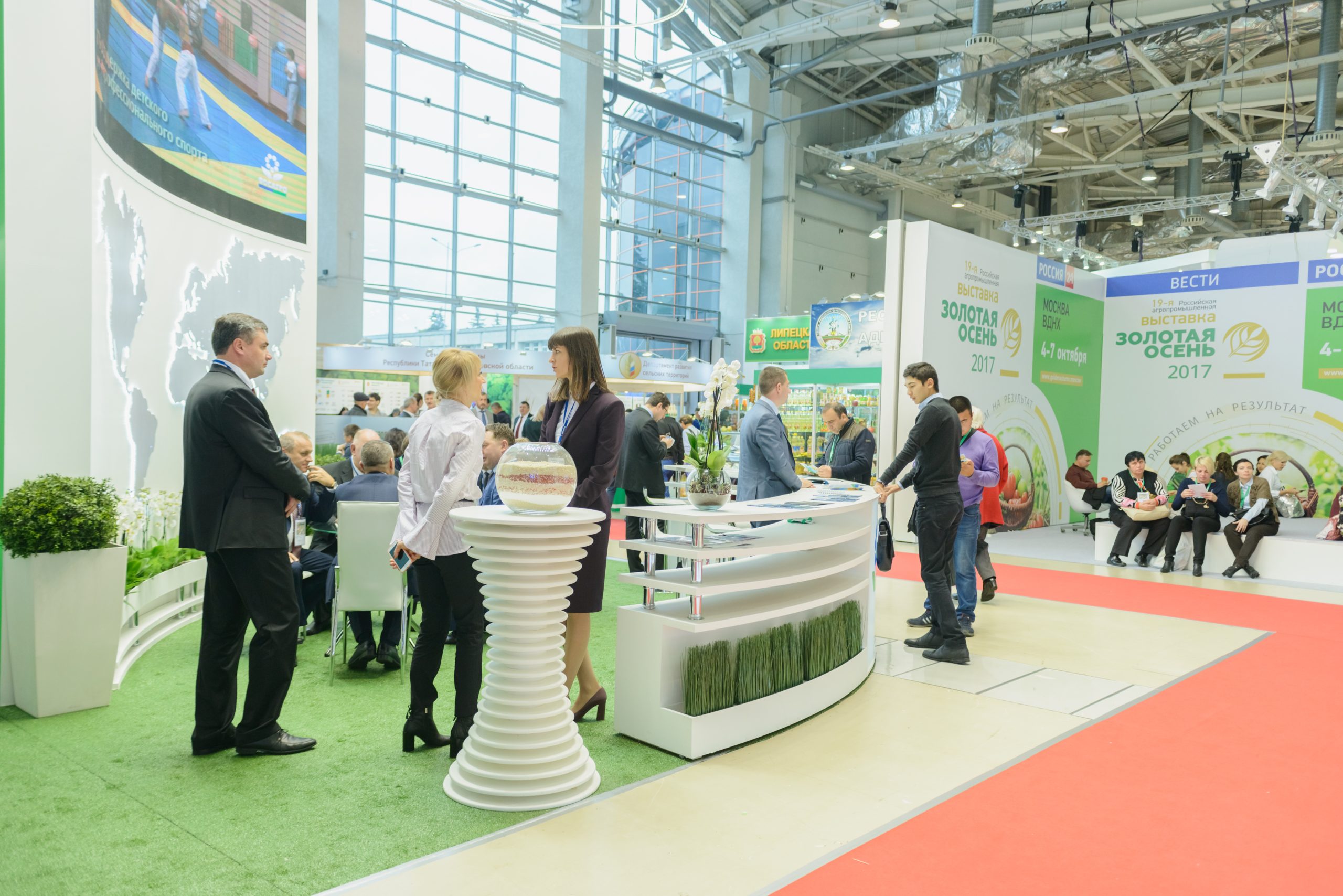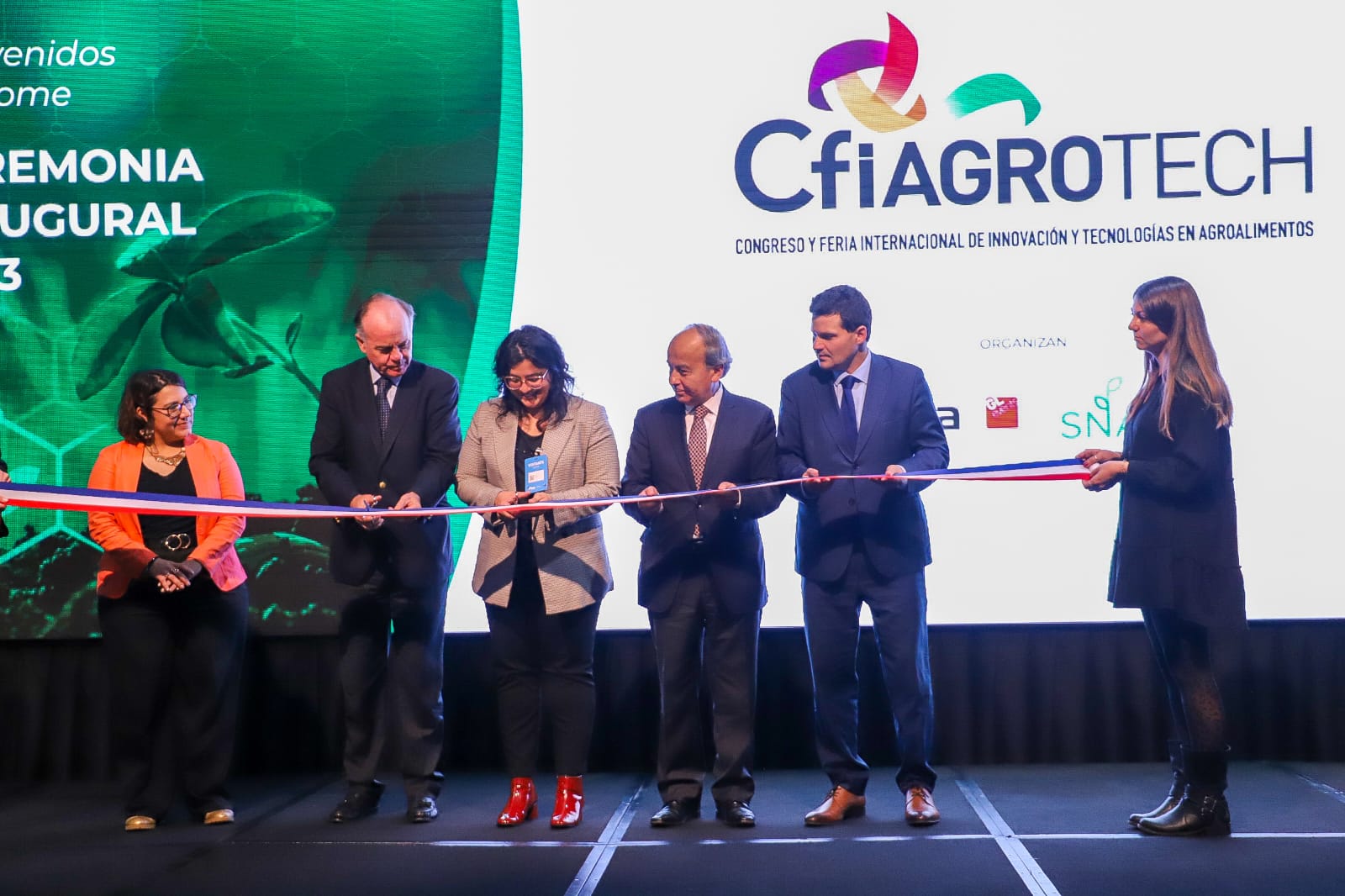
Within the framework of this first version of the International Congress and Fair of Innovation and Technologies in Agri-Food, CfiaAgrotech, several milestones took place that promoted meeting points between the different sectors of the sector and were part of the success of the event held at the Metropolitan Santiago convention center. One of them was related to the approach to issues such as desalination technologies and water reuse. These solutions, according to specialists, open new doors for Chilean agriculture, allowing the expansion of agricultural production even in arid and semi-arid regions. Precisely, these innovations, promoted by the Latin American Association of Desalination and Water Reuse (ALADYR) and the National Society of Agriculture of Chile (SNA), already have cases of success, development and research to massify their application. Ivo Radic, ALADYR’s representative for Chile, noted that “Chile faces unique challenges in terms of water availability, with regions such as Atacama that are extremely arid” but that, with the implementation of desalination and water reuse systems, “we have the opportunity to gain space from the desert and make agriculture more sustainable and drought-resistant”. Radic highlighted the success of the experience in Valparaíso, in the community of “Las Salinas de Pullally”, which has demonstrated the technical and economic viability of agricultural desalination. “In this pilot, small-scale reverse osmosis systems were implemented, applicable”, said the executive of the company that this week celebrates the Aladyr 2023 Biennial Congress in the facilities of the W Hotel in Santiago. This Congress, precisely, is the largest event of the Latin American Association of Desalination and Water Reuse, ALADYR, and its premise is to bring together the most outstanding professionals in the desalination, water reuse, effluent treatment and efficient water management industry to exchange information and experiences that will enable the development of the region. Collaboration Water reuse, meanwhile, involves treating and purifying wastewater for use in crop irrigation. This practice is becoming increasingly important as it conserves water resources and reduces pressure on limited freshwater sources, a key aspect for the agribusiness of the future. In this context, a partnership between ALADYR and SNA has been announced, with the aim of further strengthening the country’s agriculture. This partnership is based on one of SNA’s organizational values, which emphasizes the importance of innovation and technological development in agriculture. The partnership will promote the professionalization of agriculture, encouraging efficiency and productivity in both management and agricultural processes. SNA, as a key representative of Chilean farmers, is a valuable ally for ALADYR in its quest to promote the use of advanced water treatment technologies in the agricultural sector. With this collaboration, it is hoped that Chilean agriculture will continue to prosper and face water challenges efficiently and effectively. Radic emphasized that collaboration between government, industry and civil society is essential to take full advantage of these technologies. “Investing in desalination infrastructure and encouraging water reuse are critical steps to strengthen water security and support agriculture in Chile,” he said. “We are seeing growing interest from farmers and agribusinesses in adopting these solutions, and we expect this focus on water innovation to benefit the entire country.” The combination of desalination and water reuse has the potential to revolutionize Chilean agriculture, enabling the cultivation of a wider variety of crops. With the leadership of ALADYR and the National Society of Agriculture, Chile could be on its way to becoming a model of sustainable agriculture in the midst of challenging conditions.



 Related News
Related News Wines of Chile will be part of CFIAgrotech 2023.
Wines of Chile will be part of CFIAgrotech 2023.
 CfiAgrotech manager for FIA call: “Excellent news for innovative micro-enterprises and SMEs in sustainable food systems”.
CfiAgrotech manager for FIA call: “Excellent news for innovative micro-enterprises and SMEs in sustainable food systems”.
 CFIAGROTECH 2023 ENDS ITS FIRST VERSION WITH A SUCCESSFUL BALANCE AND THE RECOGNITION OF AGRICULTURAL STAKEHOLDERS
CFIAGROTECH 2023 ENDS ITS FIRST VERSION WITH A SUCCESSFUL BALANCE AND THE RECOGNITION OF AGRICULTURAL STAKEHOLDERS
